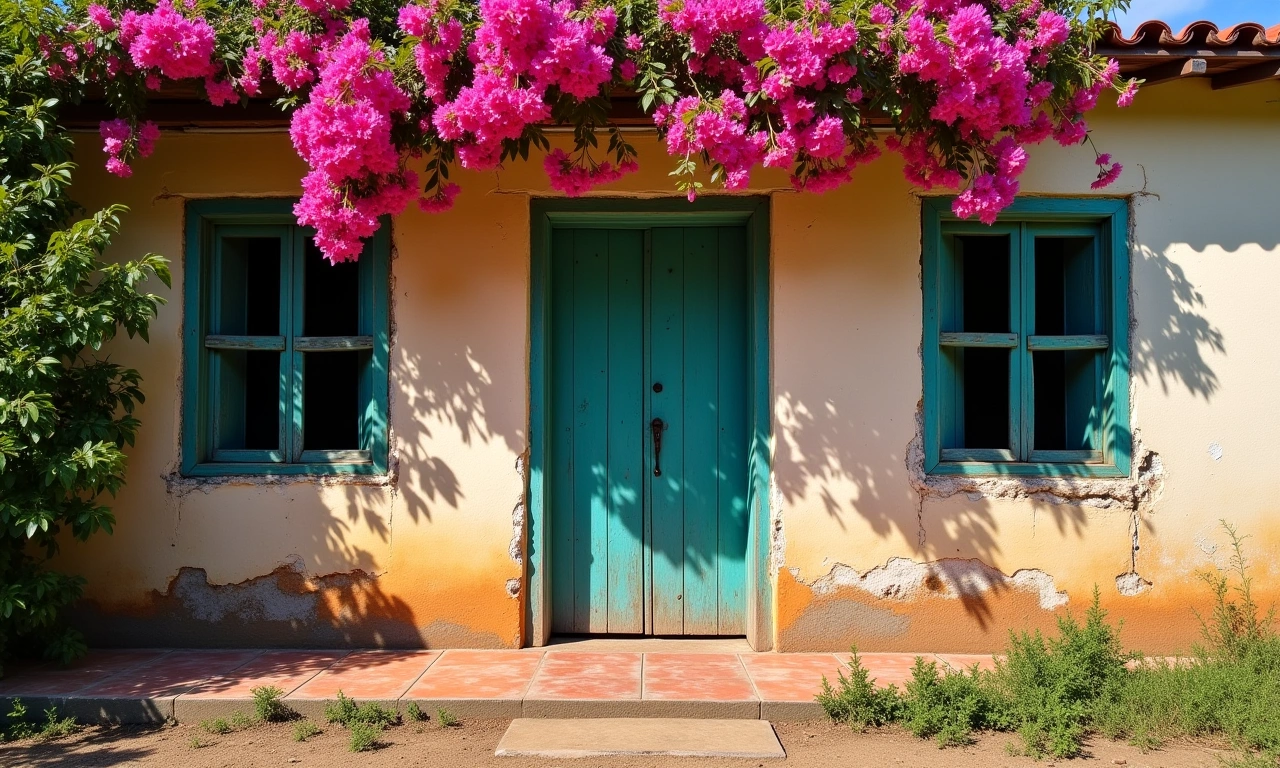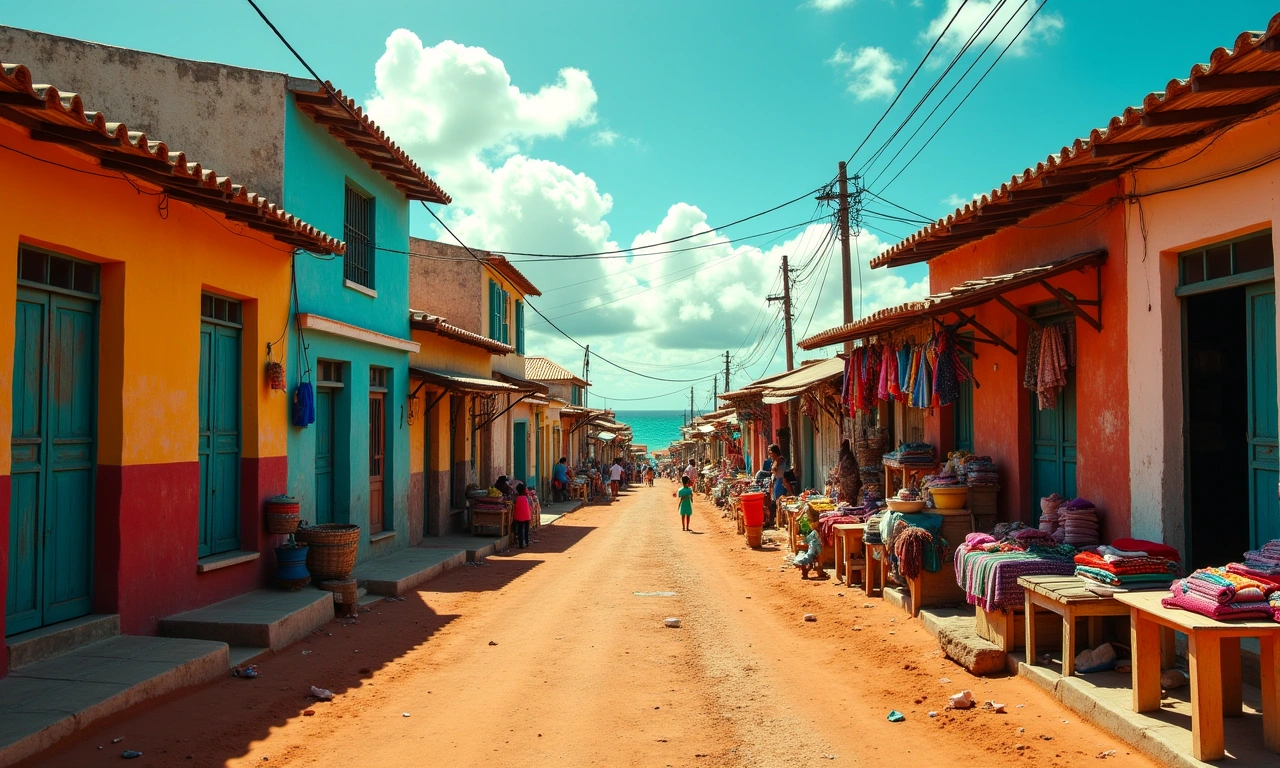La Source is a 2012 documentary directed by Patrick Shen (Transcendental Media) that chronicles Josue Lajeunesse’s two-decade effort to bring clean drinking water to his remote Haitian village.
Narrated by Oscar-nominated actor Don Cheadle, the film captures how an immigrant working as a Princeton University janitor transformed his hometown through persistence, community partnerships, and grassroots fundraising.
The documentary offers an intimate portrait of transnational obligation and humanitarian work, combining Lajeunesse’s own testimony with filmmaker Shen’s reflection on the project.
The Story Behind La Source: From Hardship to Hope
Josue Lajeunesse grew up in La Source, a remote village located approximately 30 minutes from Jacmel in southern Haiti. Like most residents of his hometown, he spent his childhood watching neighbors, especially children, make dangerous daily climbs up a nearby mountain to access clean water.
The alternative was worse: using an unsafe river that caused skin infections and diarrhea among those without the physical capacity to make the trek.
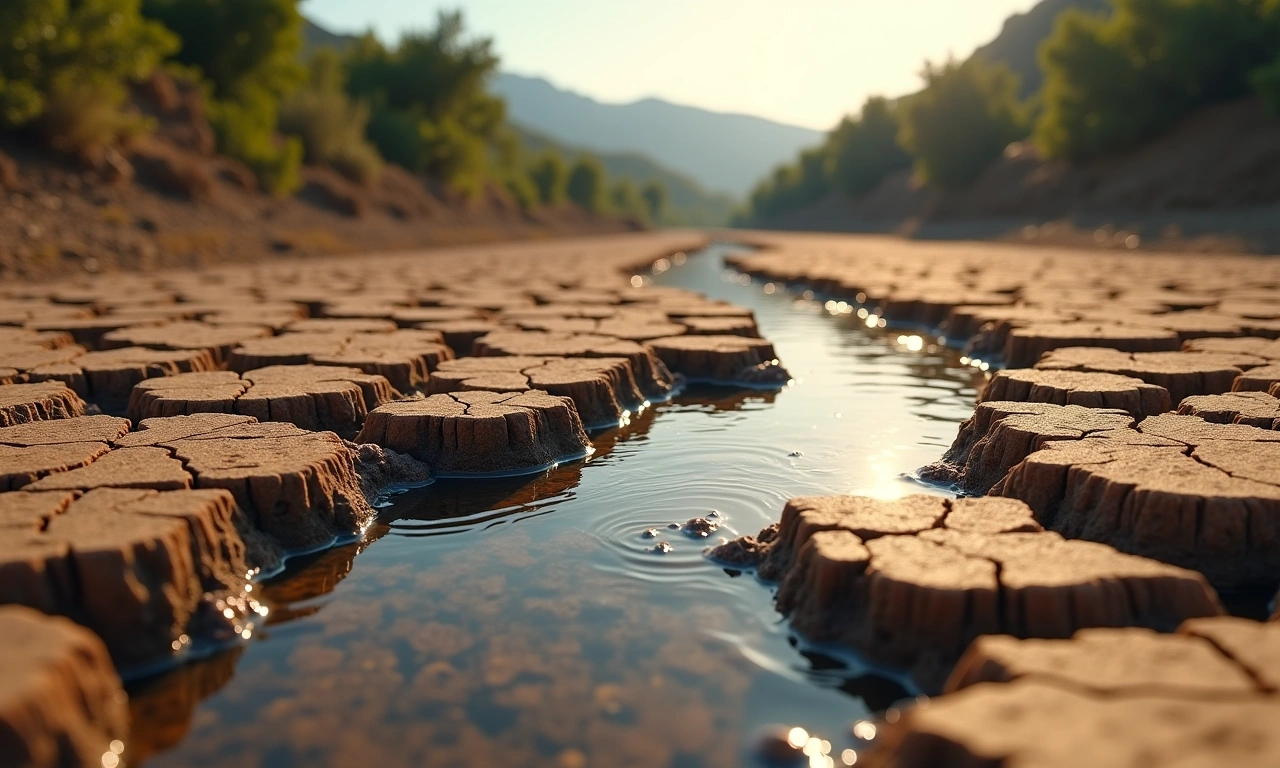
In 1989, at age sixteen, Lajeunesse immigrated to New Jersey seeking better economic opportunities. He worked multiple jobs—first in various service positions, then as a janitor at Princeton University’s Building Services, and later as a taxi driver during evening hours.
Despite the demands of work, he never abandoned the vision his father had instilled in him: bringing potable water to La Source.
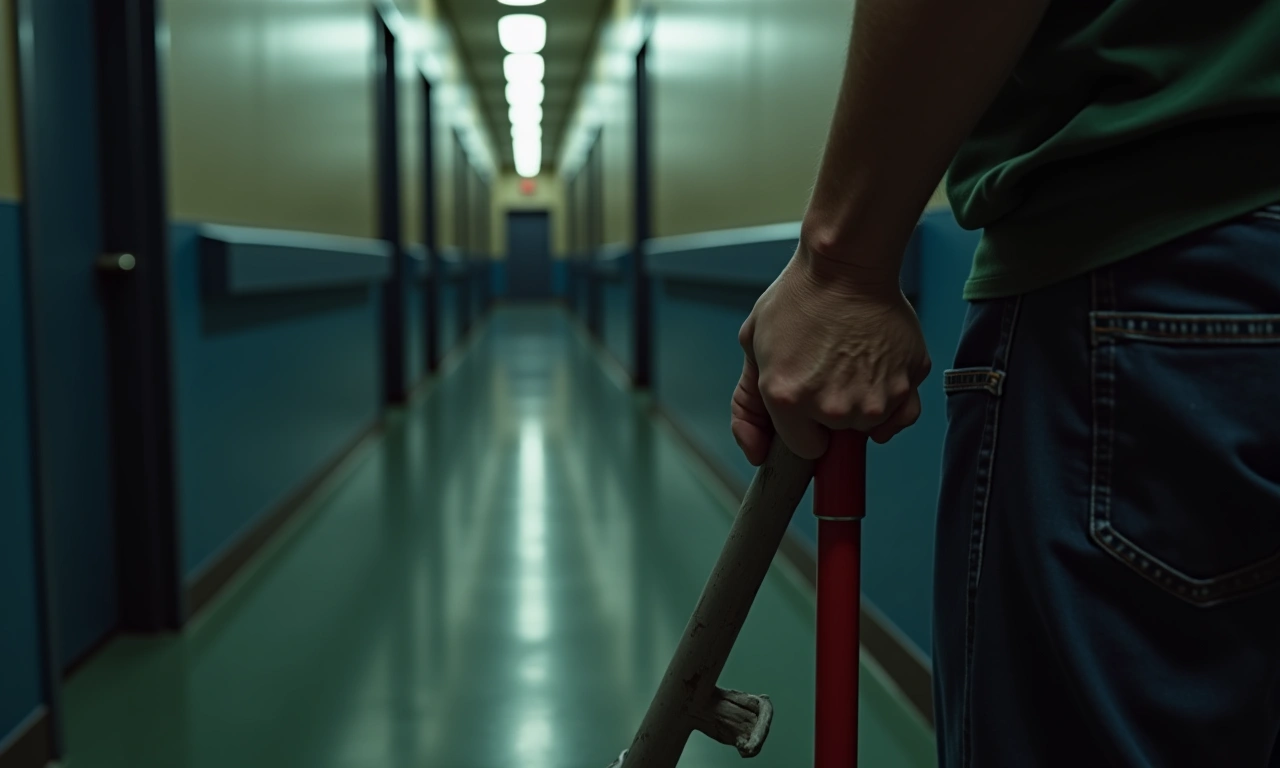
Beginning in 2003, Lajeunesse began sending money to his brother Chrismedonne, who still lived in Haiti and worked in construction and plumbing. Together, they slowly accumulated funds and materials to pipe clean water down from a natural mountain spring into the village below. What started as a small-scale family initiative eventually grew into a large-scale community project.
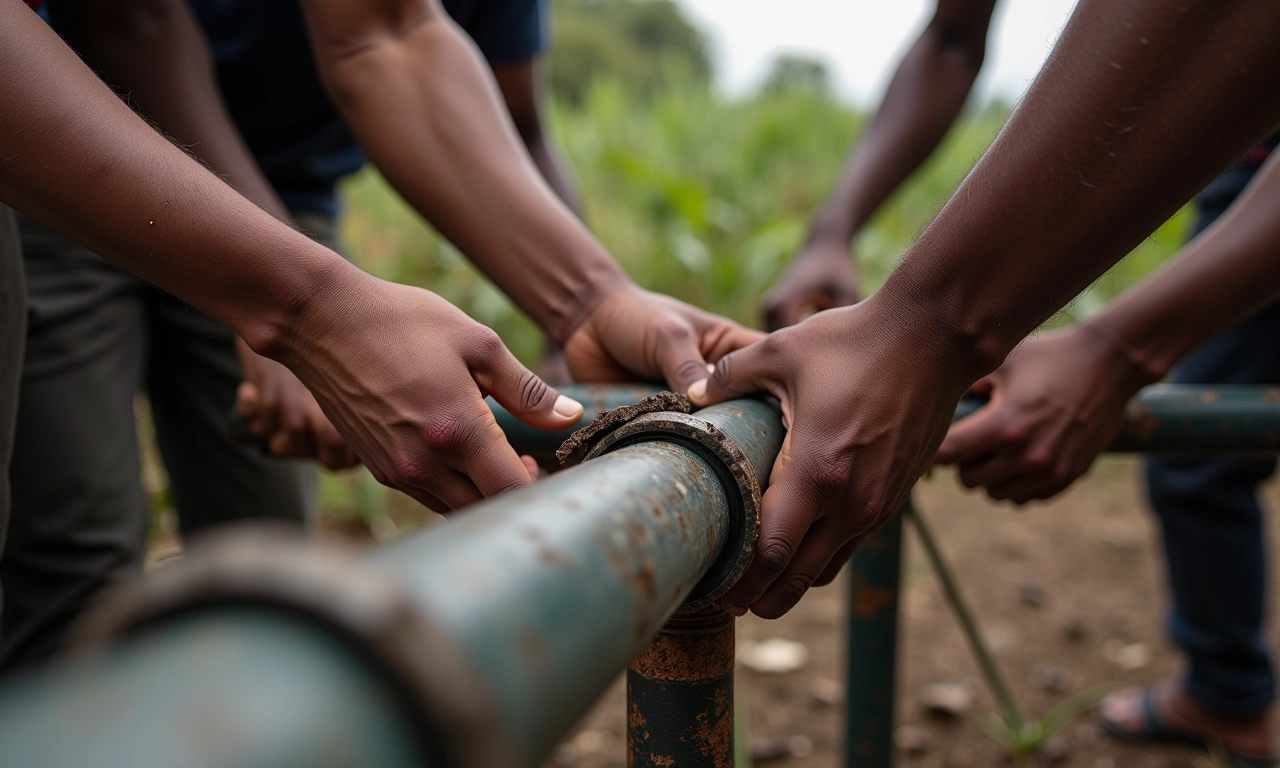
How the Documentary Began: The Philosopher Kings Connection
Lajeunesse first came to filmmaker Patrick Shen’s attention through an earlier documentary called The Philosopher Kings (2009). That film, which premiered at the AFI-Discovery Channel Silverdocs festival in June 2009, profiled eight university janitors across the United States.
Shen featured Lajeunesse’s story among them—not as a mere custodian, but as a humanitarian working two jobs to support family both in New Jersey and Haiti while pursuing a larger vision.
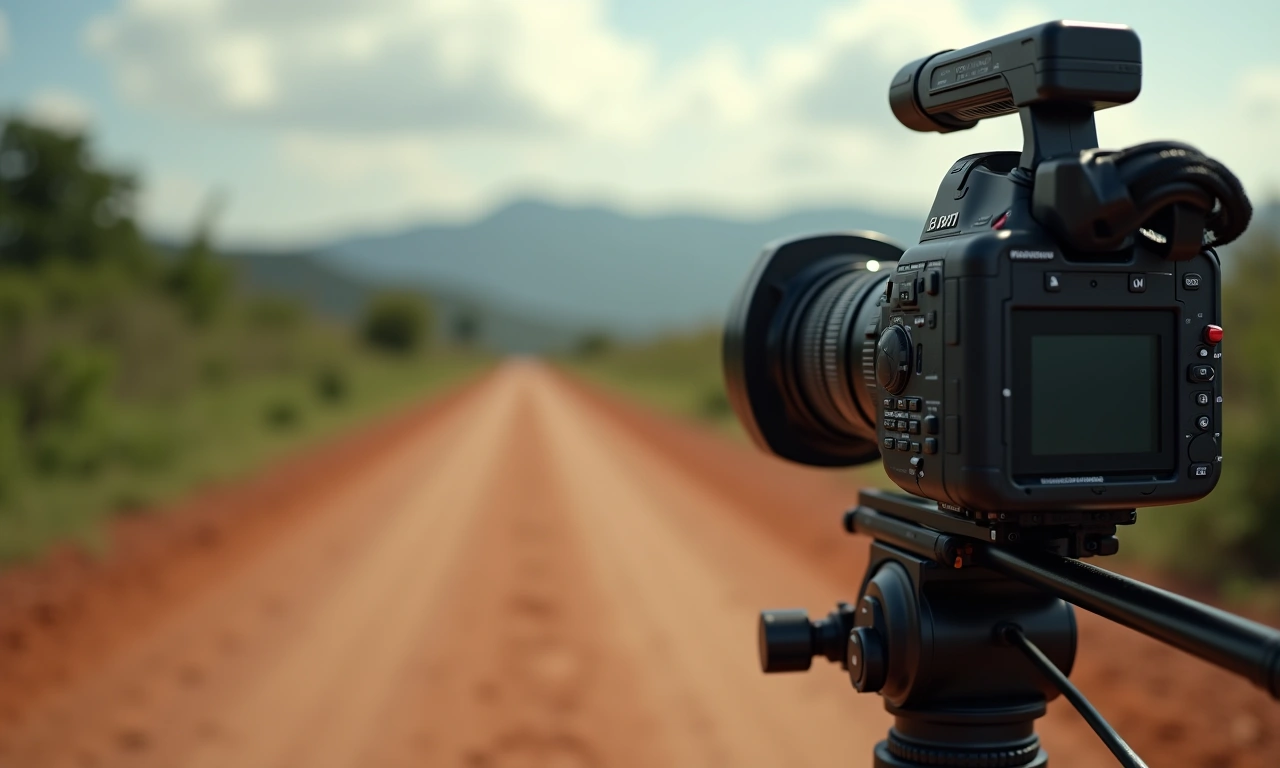
During an interview for The Philosopher Kings, Shen learned about La Source and the water project for the first time. Lajeunesse mentioned it casually as the crew was packing up their equipment. Shen was immediately struck by the magnitude of what Lajeunesse had undertaken. Within weeks, Shen made the decision: “Looks like we’re going to Haiti.”
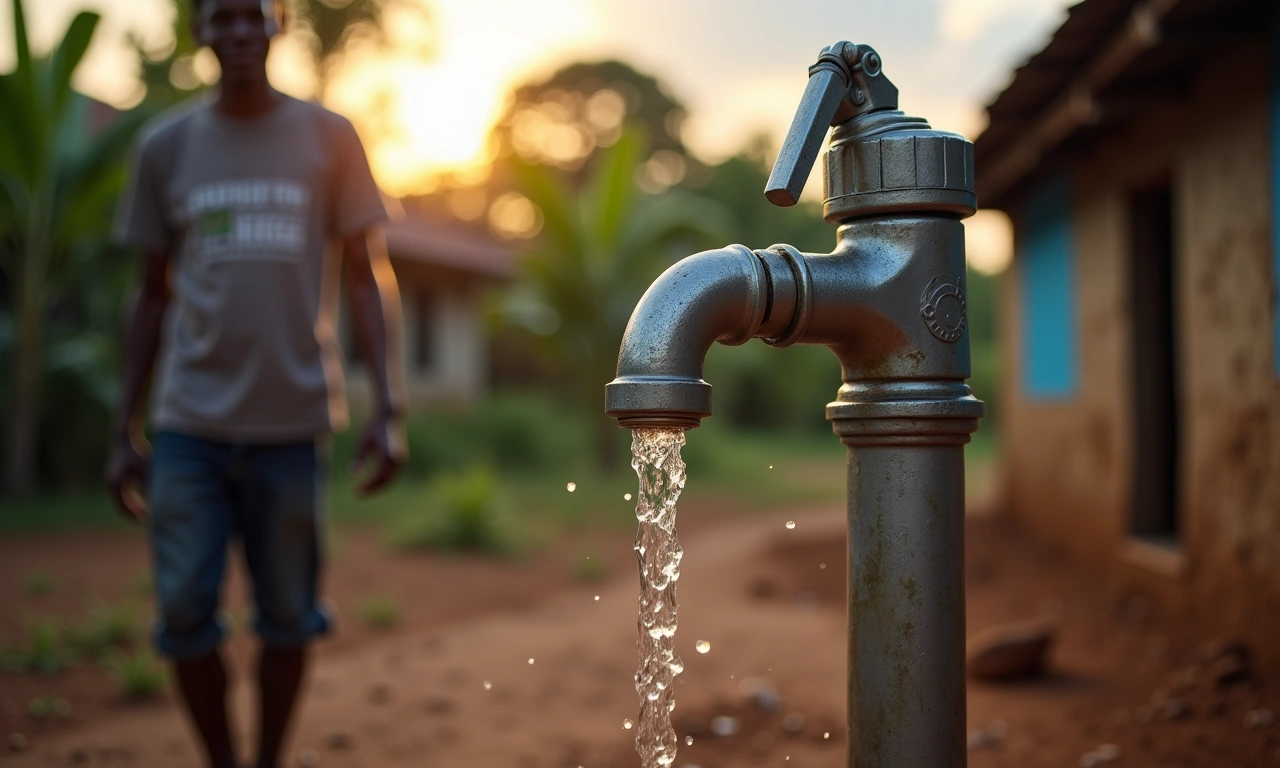
Making La Source: Filming, Challenges, and Don Cheadle’s Narration
Shen traveled to La Source to witness the village and the brothers’ work firsthand. It was there he met Chrismedonne for the first time. Both filmmakers were immediately moved by the scope of the challenge, the resilience of the community, and the genuine bond between the brothers. The documentary they produced blends intimate interviews with cinematic footage of the village, the mountain water source, and the moment residents first accessed clean water from new taps.
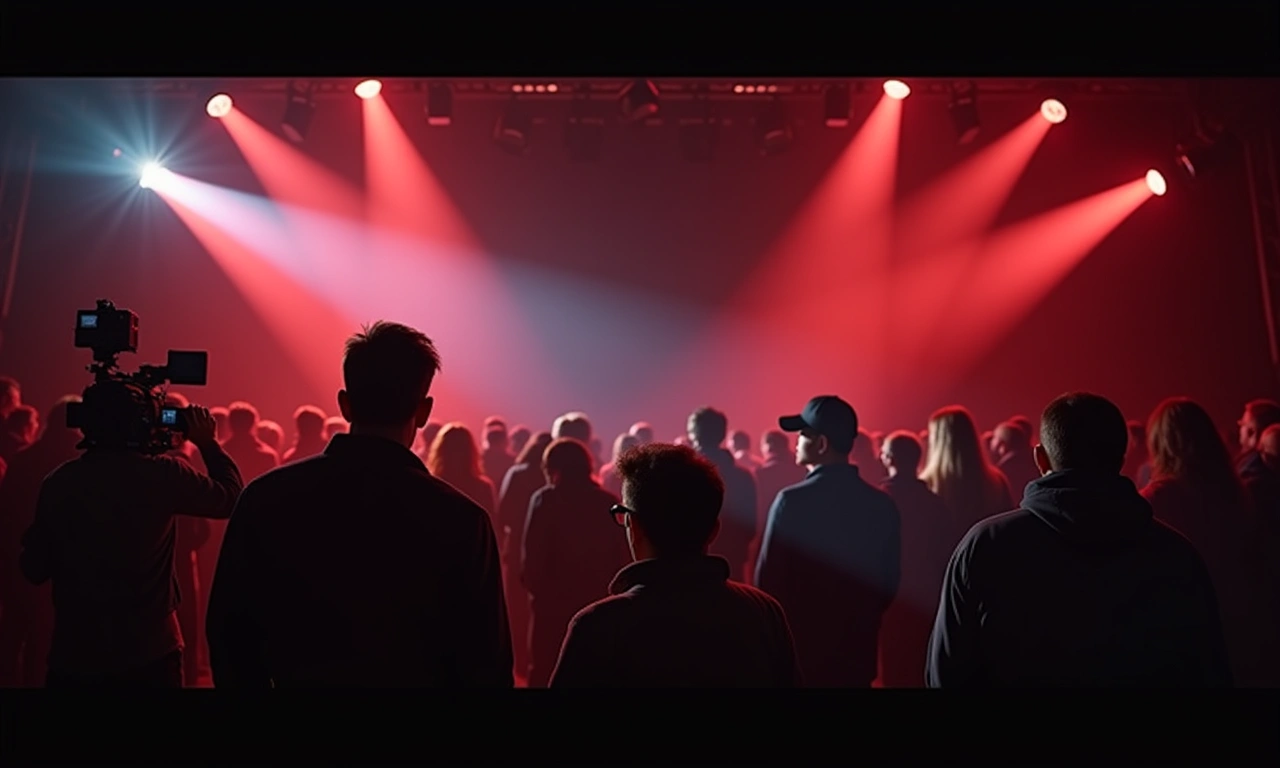
Securing actor Don Cheadle as narrator happened quickly. Shen’s team reached out to Cheadle’s agent on a Friday; by the following Friday, Cheadle recorded the narration in a Santa Monica studio. Cheadle, who has long championed humanitarian causes—particularly in Africa—responded enthusiastically to the project. His narration, combined with an original score by Icelandic band Sigur Rós, lent the documentary international prestige and emotional depth.
Filming presented real obstacles. Shen’s team lacked sufficient funds to hire a professional translator for their first two trips to Haiti, creating communication barriers and uncertainty about how the story was unfolding on film. Beyond translation, funding for the documentary itself was always scarce. Like most independent productions, La Source required years of work, multiple trips to Haiti, and persistent problem-solving to complete.
Critical Reception and Festival Screenings
The film premiered at major festivals including the AFI-Discovery Channel Silverdocs festival. It was later selected as one of 17 films for the International Documentary Association’s DocuWeeks theatrical showcase in 2012, a curated program for documentaries with potential awards recognition. This recognition significantly expanded the film’s reach and helped amplify awareness of Lajeunesse’s water project.
Audiences responded with immediate emotional engagement. At Silverdocs and subsequent screenings, filmgoers were moved to organize fundraisers for Lajeunesse and La Source. Money poured in from across the United States, enabling the brothers to accelerate their construction timeline and expand the scope of the water system beyond what they initially thought possible.
Generosity Water and the Expanded Project
A pivotal turning point came when Jordan Wagner, executive director of the nonprofit Generosity Water, attended a festival screening and was deeply moved by Lajeunesse’s story. Wagner immediately offered Generosity Water’s full support to help the brothers complete the water infrastructure project. This partnership brought technical expertise, fundraising infrastructure, and sustained commitment to the work.
With Generosity Water’s backing, combined with funds raised from Princeton University students and international donors, the project expanded significantly. The brothers were able to install a water tower and distribution system that now serves approximately 3,000 residents of La Source—far beyond the initial scope of family-funded work.
Q&A with Josue Lajeunesse
How do you feel about seeing your story on the big screen?
Josue: “When I was in Haiti, I was always involved in the community, doing things. I was part of my theatrical troupe in Haiti. It is what it is.
I feel the same way as I felt before. Nothing has changed. I feel normal. I am a simple guy.”
What are you most proud of among your accomplishments?
Josue: “I will give you three items. I love my family. I love everyone.
Right now, I am proud of—not of myself—but of the people of the town where I’m from. We are in the process of building a school in the town of La Source. They have clean and purified water.”
What are your earliest memories of growing up in La Source?
Josue: “I was little, but I remember everything. The way people had to climb mountains to get to the water. It was a disaster.
People would fall down every day. Break their arms. People would get sick too, because they didn’t have access to clean water.
So now, they don’t have to go up the mountain anymore. Now, they have the tower.”
When did the clean water journey begin?
Josue: “It was something we did little by little. Every time I had a little money, I send it. My brother Chrismedonne and me, we thought about the people there.
It was my dad’s dream, but my dad didn’t have the chance to do so. Me and my brother, ever since we were little, we thought about it.”
“When I was in high school in Haiti, I remember in physics they taught about water pressure and systems. My brother does construction and plumbing. He does a lot of stuff.
With him, we were able to do the job of bringing clean water. All the physical work, he’s in charge; he knows what to do. I don’t have any finances coming back to me or anything; everything is for the community.”
Why is it important for Haitians to give back to their homeland?
Josue: “I think it’s like an obligation. It’s mandatory for everyone to think of where they’re from. We don’t have a government in the world that can do everything for everybody.
If everyone who is successful helps, we can achieve big things. You have a lot of people who have a lot of riches. They forgot where they came from.”
“I never forgot where I come from. When you have a good heart, you will do so many things you will never think you would do. If everyone put their hands in the pot, when you close your eyes, you will see that the food is done.
You got a vision. You have an idea. You cannot live like you don’t care.”
“Even if you earn $400 a week—I don’t care—you can do something for the community where you come from. You have to understand you come from somewhere. Why aren’t you coming back to do some public service—to give back where you went to high school, where you went to middle school?”
What message do you have for the Haitian diaspora?
Josue: “The message is: a kingdom divided cannot be successful. And even in a family, when you’re divided, you cannot make any progress. We have one country and one nation.
When we’re together, we are a big force. We can do anything to take the country to the next level. The people outside, the people in Haiti—the country can be beautiful like every other country.”
Q&A with Patrick Shen (Director)
How did you first meet Josue, and when did you decide to make this film?
Patrick: “My initial meeting with Josue took place under very different circumstances. I didn’t know anything about his dream to bring clean water to La Source. I only knew that he was a janitor at Princeton and that he was originally from Haiti. He was a bit of a mystery and something about him was very intriguing.”
“Josue was one of eight janitors I featured in my film The Philosopher Kings, a documentary about the lives and wisdom of janitors employed at universities throughout the United States.
It wasn’t until the end of a long interview that I learned about La Source and the water project, which he mentioned very matter-of-factly as we were packing up our equipment.”
“I thought instantly: ‘Looks like we’re going to Haiti.’ It wasn’t until we arrived in La Source that I was able to see the true scope of Josue’s dream for his village. That was also the first time I met his brother, Chrismedonne. We were all instantly drawn to the brothers, the village, and the cause.”
Why is the name “La Source” significant given the water story?
Patrick: “I believe the town was named La Source because the natural spring in the mountain had been the source of water for many villages for decades. There are no historical records in La Source, and any information about the origins of the town had been passed down through generations.
The details weren’t entirely clear or translated in a way we could fully comprehend.”
How did Don Cheadle become involved as narrator?
Patrick: “It all came together pretty quickly. We reached out to his agent on a Friday and met Don at a studio in Santa Monica the following Friday to record the narration. His agent loved the film and really had a heart for Haiti, as does Don, so I don’t think it took much convincing to get him on board.”
What was it like being selected for the IDA’s DocuWeeks showcase?
Patrick: “It’s such an honor to have the IDA’s support. The DocuWeeks showcase exists solely to support a handful of films each year that the IDA believes have award potential. When you’re in the throes of making a film, award recognition is the last thing on your mind.”
“Whether we get nominated or not, it’s been great to know that people have responded to the film like they have. It’s rewarding after all the years of hard work and struggle.”
Has the community of La Source seen the documentary?
Patrick: “We’re in the midst of raising funds to screen the film in La Source. Because there’s no electricity there, there are logistics and costs involved. We have to arrange to bring a generator, screen, and sound system to La Source, and the film also needs to be translated. We’re hoping to make a trip to screen it there.”
Is this your last work with Haiti?
Patrick: “Josue and the people of La Source have become like an extension of my own family. My involvement as a filmmaker might end here, but not as a friend. In fact, we’re launching a social action campaign alongside the release of the film. We hope this campaign will raise enough funds to continue helping Josue fulfill his dreams for his village, which include building a school for the children of La Source.”
What challenges did you face while filming?
Patrick: “Hardships and documentary filmmaking are totally synonymous. Funding is always a struggle, as is following a story that is unpredictable and unfolding before your eyes. Beyond that, the language barrier was tricky to navigate. We didn’t have enough funds to hire a proper translator for the first two trips we took to Haiti, and had a hard time knowing what we were getting early on.”
What Makes This Documentary Different
- Personal stakes with global reach: Unlike charity documentaries that distance the viewer, La Source centers Josue’s intimate family history and his direct labor across two countries, making the water project deeply human rather than abstract.
- Filmmaker as witness, not savior: Shen positions himself as documenter and ally, not as the solution. The film celebrates Josue and Chrismedonne’s agency and the community’s ownership of the project.
- Class narrative inverted: Rather than celebrating a wealthy outsider helping the poor, the film profiles a working-class immigrant (a janitor) driving transformation through decades of modest savings and sweat equity—a rare portrayal in humanitarian media.
- Authentic audience impact: The film sparked organic fundraising and partnerships (Generosity Water, Princeton students) rather than relying on celebrity endorsement or grant infrastructure alone.
FAQ About La Source
Where can I watch La Source?
The documentary is available through various platforms including Vimeo on Demand and select streaming services. Check the official Transcendental Media website or search “La Source documentary” to locate current availability in your region.
How can I support the La Source water project and community?
Generosity Water, the nonprofit partner, accepts donations specifically for ongoing projects in La Source, including the planned school construction. One hundred percent of donations go directly to the community. Visit Generosity Water’s website for donation options and impact reporting.
What is Josue Lajeunesse doing now?
As of recent updates, Josue continues to balance his work in New Jersey with ongoing development projects in La Source. Beyond water infrastructure, he and Chrismedonne are actively raising funds for a school facility and exploring health clinic options for the village. His work remains community-focused and rooted in the principle that those who leave must give back.
Did the documentary win any major awards?
While La Source did not receive an Academy Award nomination, it was selected for the International Documentary Association’s DocuWeeks theatrical showcase in 2012, a significant honor indicating Oscar potential among industry peers. The film has won recognition and audience appreciation at festivals and screenings worldwide.
Is there a follow-up documentary?
As of the last update, Patrick Shen has not released a dedicated follow-up, though he maintains personal and professional connections to Josue and La Source. The social action campaign accompanying the film’s release continues to document community progress.
How much of La Source has clean water access now?
The water system completed through the Lajeunesse brothers’ efforts and Generosity Water’s support now serves approximately 3,000 residents of La Source with piped clean water—addressing the core challenge that motivated Josue’s decades-long commitment.
Editorial Note
This article is based on public interviews conducted between Kreyolicious and both Josue Lajeunesse and filmmaker Patrick Shen, as well as information from the documentary La Source itself, official festival records, and verified news sources including Princeton University communications and nonprofit partner documentation. All quotes are drawn directly from recorded interviews unless otherwise noted. The filmography and factual claims have been cross-referenced with IMDb, the International Documentary Association, and official Transcendental Media sources. If you have additional information, corrections, or updates on Josue’s ongoing work in La Source, please reach out to Kreyolicious for potential updates to this piece.
Last Updated on January 15, 2026 by kreyolicious

